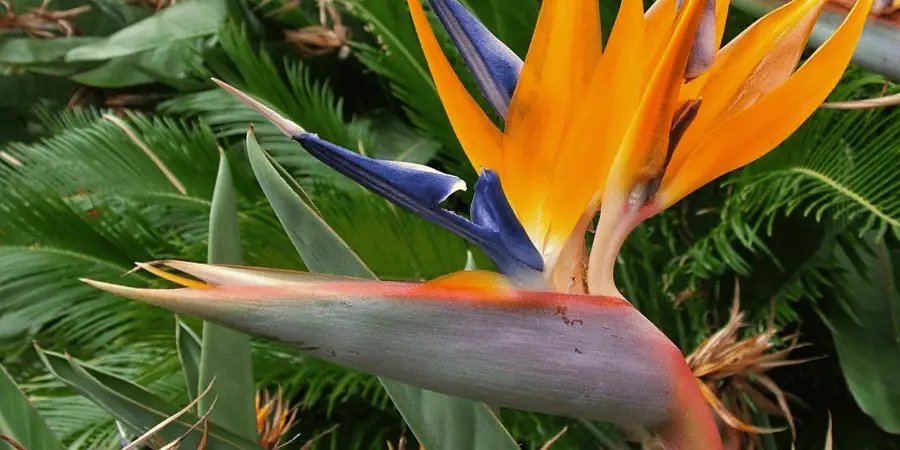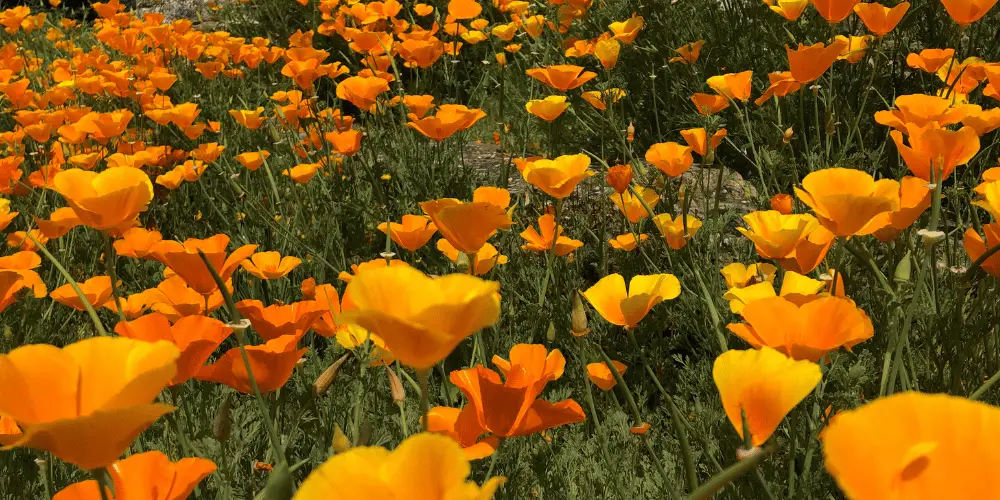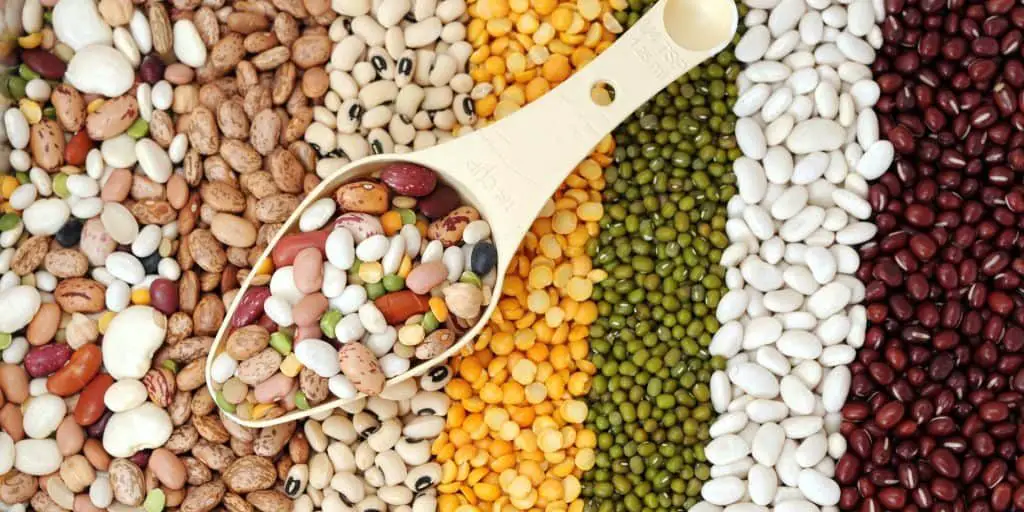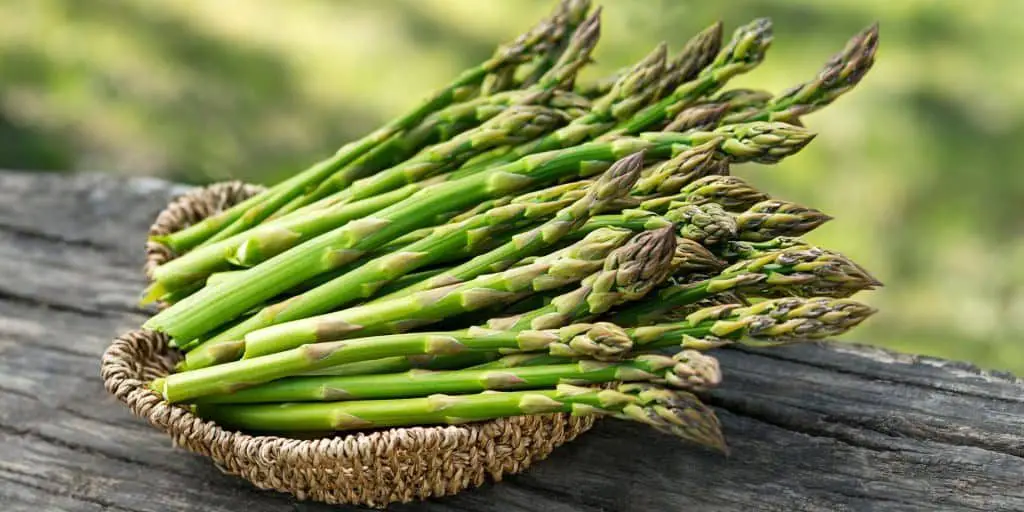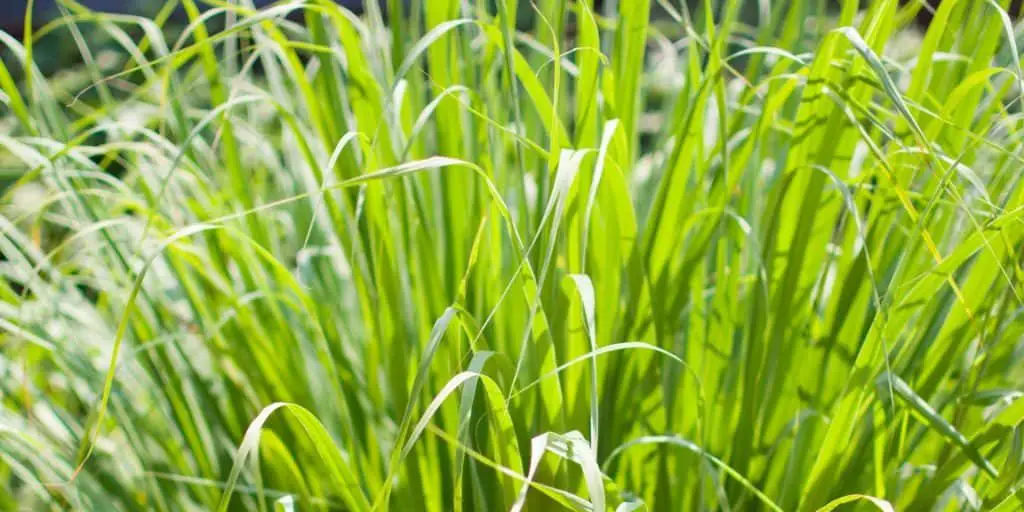
Does Lemongrass Repel Mosquitoes?
Ah, mosquito season. A tormenting time that always coincides with grilling season and pool season, usually to their detriment. Could planting some lemongrass be the answer to your buzzing, blood-drinking problem? Let’s learn more about using lemongrass to repel mosquitoes!
Cymbopogon citratus or lemongrass is a fast-growing grass that is native to Sri Lanka and India, equatorial regions whose climates correspond to USDA zones 10 and 11. However, you can grow lemongrass as an annual in almost all USDA zones. This strongly scented grass is easy to grow and has a great reputation as a plant that keeps mosquitoes and flies away. But does it really do so? Let’s find out!
What about lemongrass repels mosquitoes?
When you crush the blades of a lemongrass plant, you will note the characteristic “lemony” scent. This scent is the result of oils within the cells of the plant.
When lemongrass is cut, dried, and steam-distilled, it produces citronella oil. You may be familiar with citronella in the form of mosquito-repellant candles or salves. This oil repels mosquitoes thanks to its strong smell.
Does lemongrass repel mosquitoes?
This is the million-dollar question and, like many questions of that nature, the answer is yes and no.
Yes because citronella oil, which is derived from lemongrass, has been proven by several studies to repel mosquitoes. This is especially true when citronella, which tends to disperse fairly quickly, is mixed with another oil that has larger molecules, to slow down its evaporation and increase its efficacy (source).
No because lemongrass in its normal state will not repel mosquitoes or other biting insects. Until its leaves are crushed to release that lemony scent, Cymbopogon citratus is just a very good-looking grass.
So what now? Should you grow lemongrass at home, or only buy it as a pre-prepared repellant?
Using Lemongrass as a DIY Repellant
Even though by itself it won’t keep mosquitoes away, it’s still worth it to keep a patch of lemongrass growing in your garden or, even better, near your patio. This is because all it takes to make a simple lemongrass mosquito repellant is to pick a few blades of the grass, crush them between your palms to release the citronella oils, and then rub your hands on your exposed skin.
While this simple repellent won’t necessarily last as long as a citronella-based lab-formulated one, it still has several points to recommend it:
- Safe for kids and non-toxic in general
- Right there when you need it (or need to re-apply it)
- An attractive foliage plant for your yard or patio
- A important herb in Asian cuisine
- Also useful as a medicinal tea for calmness
You can also combine lemongrass with other oil-rich herbs like basil, catmint, thyme, and marigold for an even more effective DIY mosquito repellant.
How to grow lemongrass
Lemongrass is native to hot, humid, tropical regions, so it grows best in rich soil out in the full sun.
It likes warmth and humidity, so wait to plant it outside until nighttime temperatures are in the sixties, and use mulch to create a moist microclimate around it. Make sure that it’s in a spot where it will receive at least six hours a day of direct sunlight, or more if possible.
A balanced organic fertilizer for vegetables (like this one on Amazon) will help to power the growth of long blades of grass.
When harvesting lemongrass for use as a repellent, tea, or culinary herb, pluck or cut stems close to the bottom instead of taking off the top. This will encourage more blades of grass to grow from the root.
Lemongrass is also very easy to propagate. Its root ball consists of a bundle of loosely attached, fan-like bulbs, with each bulb producing leaves. Simply use your hands or a garden trowel to separate one portion of the bulbs from the rest, and you have yourself two lemongrass clumps instead of one!
Other natural ways to keep mosquitoes away
Combine your lemongrass plant with these simple steps for extra mosquito-busting effectiveness:
Use a fan. Mosquitoes are not strong fliers, which is why they seem to vanish on a windy day. Using a floor or ceiling fan on your patio will literally blow the mosquitoes away.
Eliminate standing water. This is where mosquitoes breed. If you have areas of your yard where water tends to puddle, find a way to change to drainage or alter your irrigation practices to prevent this. And if you have ponds or horse troughs, use non-toxic Mosquito Dunks to kill off mosquito larvae before they can hatch.
Bring in the bats. The world’s only flying mammals love to eat mosquitoes, and they are also most active at dusk, just when most mosquitoes emerge from the woodwork. Invite bats to your yard by installing one or more bat houses where they can roost during the day.
Conclusion
Lemongrass isn’t the silver bullet for keeping away mosquitoes completely, but it is still useful as natural mosquito repellent, as well as a culinary herb and aesthetic addition to your yard.
It has scientifically verified repellent properties which, when combined with other simple methods to reduce the number of mosquitoes in your immediate area, can keep mosquitoes from ruining your next barbeque or pool party!
